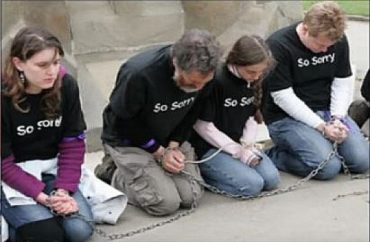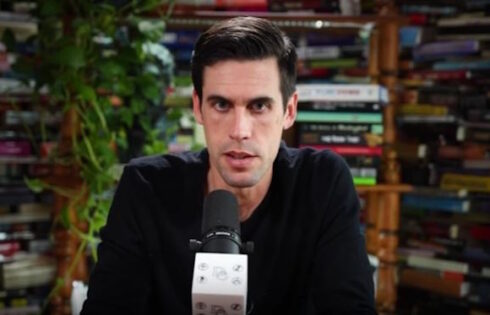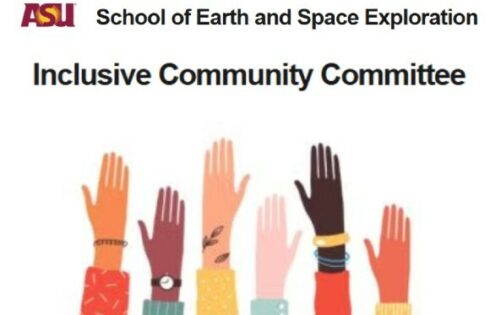
A graduate student at Northwestern University has taken to the op-ed pages of his school newspaper to point out that he “quickly noticed” that his grad program peers are “overwhelmingly white.”
Jake Gogats, enrolled in the school’s Master of Science in Education program, asks in the Daily Northwestern “Was anyone else seeing this? Were they going to talk about ‘diversity?'”
Alas, they did not.
Gogats laments the “more and more white faces” he encountered at program icebreaker activities, and says his own whiteness led to feelings of “frustration, outrage and […] guilt.” But the social justice crusader that he is, Gogats refuses to allow his graduate program to “remain such a bastion of whiteness.”
“[O]ne required course, ‘Social Contexts of Education,’ encouraged my classmates and me to voice biting critiques of white supremacy in society,” he says. (Of that I have no doubt.) “Our personal lives and teaching practice, giving me hope we could find a common ground from which to critique our program.”
Gogats concedes he has “little hard proof” to back up his gut feeling that his grad program is saturated with whiteness; however, he partly blames this on Northwestern for not publishing any data on the racial demographics of his program.
“It should be obvious why [this] silence is pernicious, not to mention maddening,” he says. “Silence is not just complicity in white supremacy but also one of its most insidious tools.”
Keep in mind that the white guilt which Gogatst espouses is, as Shelby Steele says, “not a guilt of conscience.” Rather, it’s a realization of the fact that whites, “in relation to black Americans […] lack moral authority”:
[Whites] are, in fact, stigmatized as a racist, because, after all, you have now acknowledged that your nation practiced racism explicitly for four centuries. And, now, since the ’60s, white Americans have been grappling with the stigma, trying prove that they are not racist, to prove the negative.
A good example is when people say one of my best friends is black. Well, why do you say that? You say that because you’re really trying to say I’m not a racist. I’m not what I’m stigmatized as.
Steele goes on to note that, since the 1960s, blacks have relied “on the manipulation of white guilt” and its stigma so that “if you want to not be seen as racist, you have to do thus and so.”
Gogats’ scathing critique about the paucity of diversity in his teaching program (“the MSEd program has made no statement acknowledging its complicity in perpetuating this problem or offered any contribution to solving it”) plays right into Steele’s description. Educational institutions have considered racial and ethnic diversity as a quasi-religion over the last 20 years or so, mainly due to the “manipulation” noted by the Hoover Institution Senior Fellow.
Apparently it has not occurred to Gogats that blacks and other minorities may not want to go into teaching, and his beloved diversity is to blame. After all, education is hardly the only field of endeavor that worships at the diversity altar, so why teach when so many better paying jobs are seeking you out?
The same premise applies to every higher education institution clamoring for more faculty and students of darker hue; the competition is fierce for a limited pool. The better, and richer, schools typically will win out.
MORE: College gets grant to establish ‘White Racial Literacy Project’
MORE: Workshops help white people develop ‘positive white racial identity’
IMAGE: YouTube, Giphy.com (from Platoon)
Like The College Fix on Facebook / Follow us on Twitter







Please join the conversation about our stories on Facebook, Twitter, Instagram, Reddit, MeWe, Rumble, Gab, Minds and Gettr.